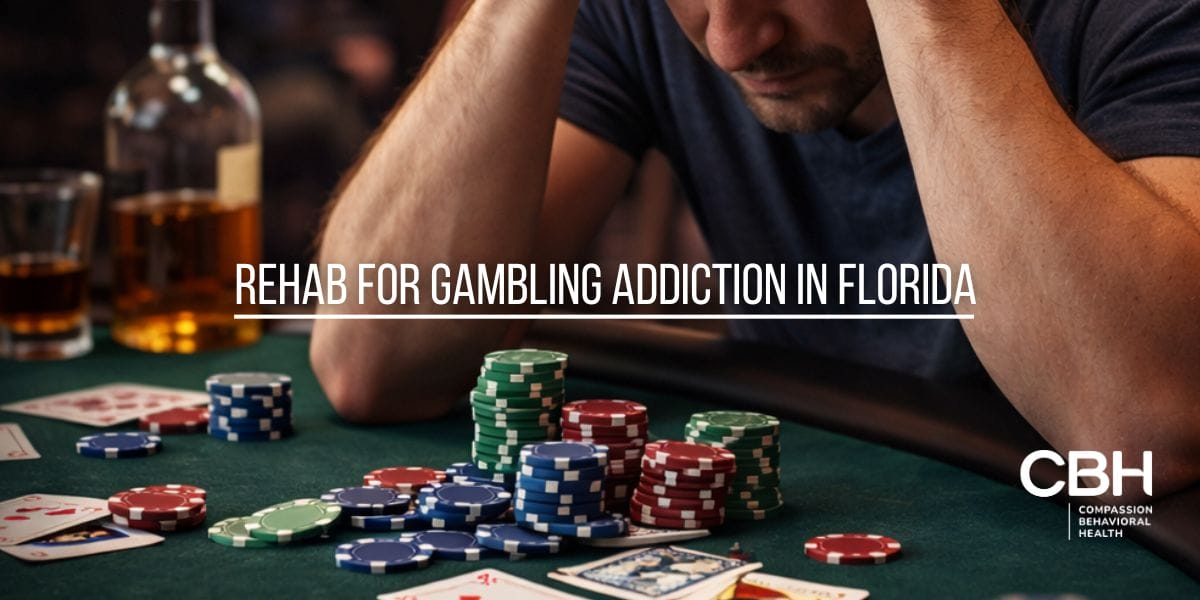Some children and teenagers have difficulty forming quality relationships with the important people in their lives. The problem may stem from early childhood experiences of neglect, loss, or abuse that left deep emotional wounds.
This struggle is sometimes diagnosed as reactive attachment disorder.
If relationship challenges are not treated during youth, these difficulties may extend into adulthood and impact a person’s ability to bond with others and thrive socially.
Today, we are going to cover some essential information about reactive attachment disorder in teens. We will cover the basics of the condition as well as what symptoms to look out for and how you can get help for your child.
What Is Reactive Attachment Disorder?
Reactive attachment disorder (RAD) involves a child’s failure to form emotional bonds with their parents or caretakers.
RAD is considered rare. The condition sometimes occurs in children who were adopted.
Abuse or emotional neglect at an early age may cause RAD.
Young children need affection, comfort, and stable relationships to mature emotionally. RAD sometimes develops when these nurturing factors are absent.
Sometimes, adoptive parents take in a child without access to a full pre-adoption history. A painful process then begins in which the adoptive parents attempt to bond with the child, but the child is incapable of returning affection.
Individuals with RAD don’t seek emotional comfort. Instead, they may be anxious or scared around their caretakers, even when appropriate love and care are provided.
According to Cleveland Clinic, factors that may cause a child to develop RAD include:
- Having many different caretaker figures in their lives, such as being in and out of multiple foster care environments
- Being deprived of access to their primary caregiver after forming an emotional bond with them (moving away, the sudden death of the caregiver, etc.)
- Traumatic losses during early childhood
- Parental figures who were emotionally neglectful or abusive
- Parental figures who were incapable of providing adequate care
- Spending early years in a parentless environment such as an orphanage
Reactive Attachment Disorder Symptoms
Reactive attachment disorder affects social and emotional well-being. The Mayo Clinic identifies the following RAD symptoms in children:
- Exhibits unexplained sadness, fear, irritability, or withdrawal
- Maintains a generally sad appearance and does not smile
- Does not seek or reciprocate comforting gestures
- Observant nature but avoids engaging in social interaction
- Unwillingness to ask for help
- Does not want to play games or enjoy social activities
Reactive Attachment Disorder Treatment
Treatment for reactive attachment disorder includes both the young person exhibiting symptoms as well as their caregiver(s).
No single treatment protocol addresses RAD. Instead, treatment consists of setting individualized goals for the family. Goals may involve creating a stable home environment and developing positive relationships with meaningful interactions.
RAD Treatment Goals For Caregivers
For caregivers, helping a child develop emotional well-being often includes the following strategies:
- Ensure that the child’s meaningful basic needs are met, such as medical care, security, and shelter
- Display nurturing and attentive behavior with the child
- Practice consistency in caregiving behaviors
- Provide an environment that encourages positive interactions
- Avoid displaying excessive anger, distress, and other negative emotions in front of the child
Professional Treatment for Youth with RAD
Along with caregivers addressing RAD in the home, a child or teen may benefit from professional treatment. This can include counseling in one-on-one or group settings.
Caregivers may also benefit from their own course of professional treatment.
Parenting is never easy, but raising a child who struggles to give and receive affection is a special challenge. Psychotherapy, group therapy, and parental education courses may all be helpful to caregivers raising children with RAD.
Get Help With Reactive Attachment Disorder
Raising a child with a significant mental health challenge such as RAD can be an emotional rollercoaster for the entire family. Seeking professional treatment is essential for treating the social and emotional needs of both child and caregiver.
To begin or advance your family’s mental health care treatment needs, contact Compassion Behavioral Health. We provide expert inpatient and outpatient care for mental health and substance abuse disorders.
Our beautiful facility in South Florida serves individuals from around the USA who are seeking compassionate expert care.
Call (844) 999-0874 for more information. Our skilled admissions counselors await your 100% confidential call 24 hours/day, seven days/week.



